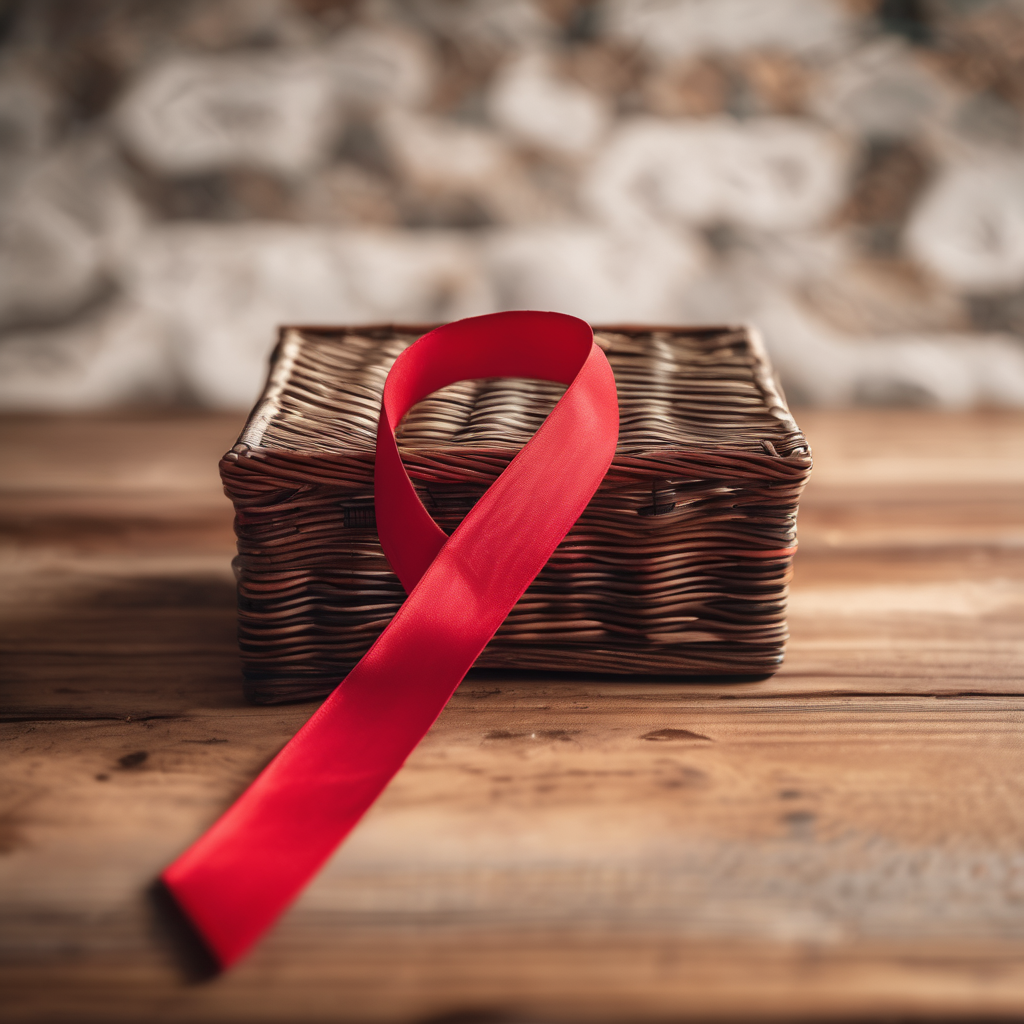Fiji is facing a significant challenge in its battle against a rising HIV epidemic, exacerbated by societal stigma surrounding the virus. Sashi Kiran, the Minister of Women, Children and Social Protection, underscored the urgent need for open discussions about HIV in light of a recent BBC World News report, which labeled Fiji as the fastest-growing HIV hotspot in the South Pacific. This alarming development not only puts adults at risk but particularly raises concerns for vulnerable children in the context of the ongoing crisis.
Despite the Ministry of Health’s proactive measures—declaring HIV an emergency, forming a national task force, increasing budget allocations, and implementing harm reduction programs—Kiran highlighted that stigma remains a formidable obstacle. Many mothers who are aware of their HIV-positive status feel unable to openly discuss their condition, which inadvertently puts their children at greater risk. She emphasized that proper treatment can significantly lower the risk of mother-to-child transmission.
Rising HIV rates in Fiji are closely tied to ongoing issues related to drug use. Kiran noted that the drug epidemic has persisted for over a decade, asserting that acknowledging these social issues is vital for progress. “When you acknowledge something, it comes out fully,” she remarked, drawing attention to the alarming rise not just in drug-use cases but also in HIV diagnoses.
Among the proactive measures taken, the Government’s needle and syringe program, alongside training and testing initiatives, serve as essential steps toward reducing transmission rates. However, Kiran highlighted that transformative change requires societal shifts in attitudes toward HIV. “The hard work for the whole of society is to remove the stigma around HIV/AIDS,” she stated.
There is a pressing need to instill healthy behaviors in Fijian children, with Kiran calling for education on sexual health and the risks associated with drugs. She urged a collaborative approach involving the government, community organizations, and the public to combat stigma and promote awareness of the disease.
These sentiments align with those expressed by Renata Ram, a UNAIDS Pacific adviser, who pointed out that stigma and misinformation significantly contribute to the escalation of HIV cases in Fiji. She emphasized the urgent need for enhanced educational programs in schools and community outreach to dismantle the misconceptions surrounding the disease.
The urgency of the situation is underscored by the Ministry of Health’s report of 552 new HIV cases in just the first half of 2024, highlighting the critical need for increased testing and awareness. Ram’s call for a comprehensive prevention strategy and forthcoming initiatives aimed at reducing stigma bring a sense of hope for affected communities.
While Fiji confronts these public health challenges, the collective call for education and action offers a promising path forward. By addressing stigma and promoting awareness, there is optimism that Fiji can make significant headway in combating the epidemic, ultimately leading to improved health outcomes for all Fijians.
